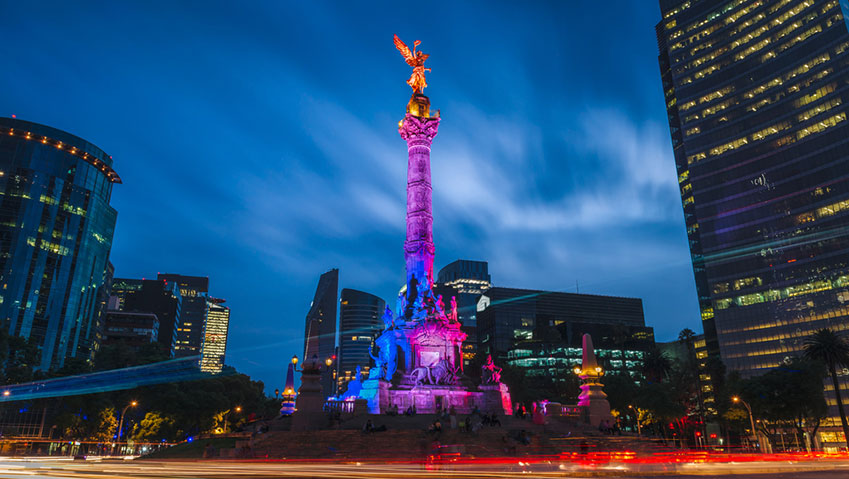On 31 January 2017, the Constitutional Assembly of Mexico City issued the first Political Constitution in its history. The city is about to celebrate seven hundred years since its foundation, resulting from intense migration flows which nowadays qualifies Mexico City a welcoming city.
The Constituents mentioned the intercultural approach already in the Preamble of the Constitution, stating that Mexico City: "Honors its legacy and pay tribute to all the communities and historical periods that led to its foundation, it assumes an enduring commitment to the dignity and equality of its inhabitants, and declare itself an Intercultural and welcoming city. It recognizes the legacy of the intense migration flows, the daily arrival of neighbouring populations and the permanent arrival of people from the entire nation and from all continents."
Article 2 of the Constitution identifies Mexico City as an intercultural city based on its population, making it pluricultural, multiethnic and multilingual. Furthermore, according to Article 5 sets interculturality as a cross-cutting theme within all the programmes and public policies of the city.
The participation of Mexico City in the Intercultural Cities Programme of the Council of Europe has played an active role in the drafting process of the Constitutional Charter. At the same time, the contributions the city has made to the programme are remarkable regarding the need for the incorporation of the intercultural approach and human mobility into a constitutional text and any other relevant provisions.
The contributions made by Mrs. Cecilia Soto, deputy in the Constituent Assembly, has been essential for the intercultural approach to be included in the Constitutional Charter, in particular the commitment to improve both the legal framework and public policies in this new scenario. The deputy, who is also President of the Mexico City Commission in the Federal Chamber of Deputies, wishes to contribute with her experience and knowledge on legal issues related to interculturalism at the Milestone event to be organized in Lisbon by the Intercultural Cities Programme. In particular she advocates for other cities that are member of this programme to make similar efforts.
All these efforts will allow expanding the mandate of the cities, by carrying out programmes which are rooted in the constitutional law so to go beyond the different governments. This kind of examples will also help improving stakeholders’ sense of ownership towards the principles of interculturality, and encourage them to claim and enjoy the human rights deriving from the intercultural and human mobility approaches. This is especially important considering the raise of intolerance and xenophobia worldwide.
Mexico City is the most forward looking city on this topic in the country and wishes to share its experience with the rest of the ICC network to take similar steps. The topic of interculturalism will always require to be strengthened locally in order to spread globally.




